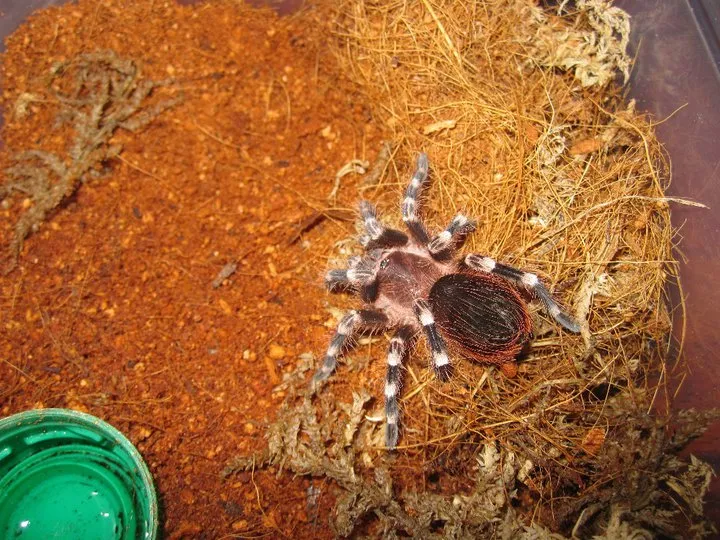Why Buy Tarantulas in Cebu?
Cebu, a vibrant island in the Philippines, offers a unique opportunity for exotic pet enthusiasts. Buying a tarantula in Cebu can be an exciting adventure, offering a chance to own a fascinating creature. The allure of these arachnids is undeniable, with their diverse appearances and relatively low-maintenance care requirements compared to other pets. Cebu’s tropical climate also makes it a suitable environment for certain tarantula species, adding to the appeal for local owners. The availability of tarantulas for sale in Cebu also reflects a growing interest in alternative pets, making it easier than ever to find these creatures.
Benefits of Owning a Tarantula
Owning a tarantula brings several surprising benefits. They are generally low-maintenance pets, requiring less direct interaction compared to dogs or cats. This makes them an excellent choice for busy individuals or those with allergies. Tarantulas are quiet and don’t need walking or constant attention, offering a sense of calm in a home environment. Additionally, observing a tarantula can be a rewarding experience. Watching them molt, eat, and navigate their habitat is fascinating and educational, especially for children learning about nature and biology. Their unique appearances and behaviors also spark curiosity and conversation.
Finding Tarantulas For Sale in Cebu
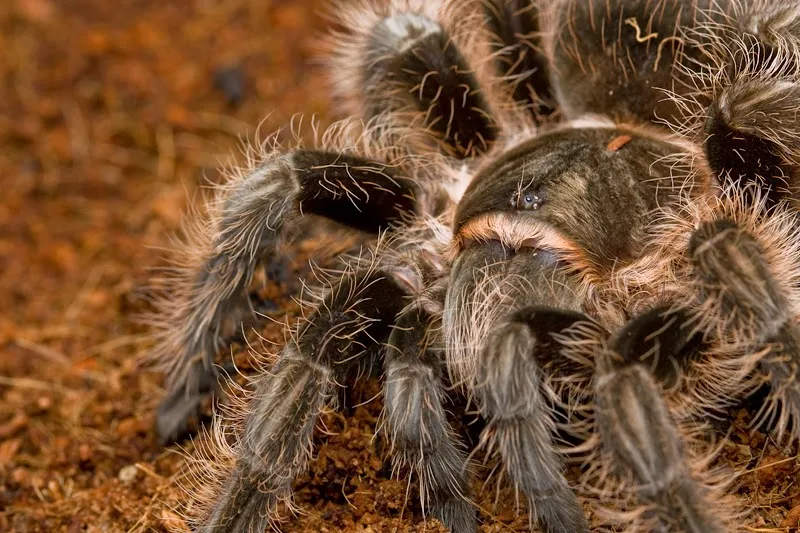
Locating tarantulas for sale in Cebu requires exploring various avenues. Local pet stores are a good starting point, though their selection may be limited. Specialized reptile and exotic pet shops, if available, will likely have a wider variety of species and expert advice. Online platforms and social media groups dedicated to exotic pets are also valuable resources. These online communities often connect buyers with local breeders or individuals selling their tarantulas. Always prioritize researching the seller’s reputation and the health of the tarantulas before making a purchase.
Reputable Tarantula Sellers in Cebu
Choosing a reputable seller is crucial for acquiring a healthy tarantula. Look for sellers who prioritize the well-being of their animals and can provide information about the tarantula’s origin, age, and species. They should be knowledgeable about tarantula care and willing to answer your questions. Check for reviews or recommendations from other buyers to gauge the seller’s reputation. Observe the conditions in which the tarantulas are kept; they should have clean enclosures, appropriate temperature and humidity, and access to food and water. A responsible seller is a key to a positive tarantula ownership experience.
Online Tarantula Marketplaces
Online marketplaces offer convenience in finding tarantulas, but they also require extra caution. Research the specific platform’s policies regarding the sale of live animals. Look for sellers with established profiles and positive feedback from previous buyers. Always ask for clear photos and videos of the tarantula before making a purchase, ensuring it appears healthy and active. Discuss shipping arrangements and guarantees with the seller to minimize risks. Consider platforms specializing in exotic pets, as they may have more stringent standards and resources for safe shipping of animals.
Tarantula Species Available in Cebu
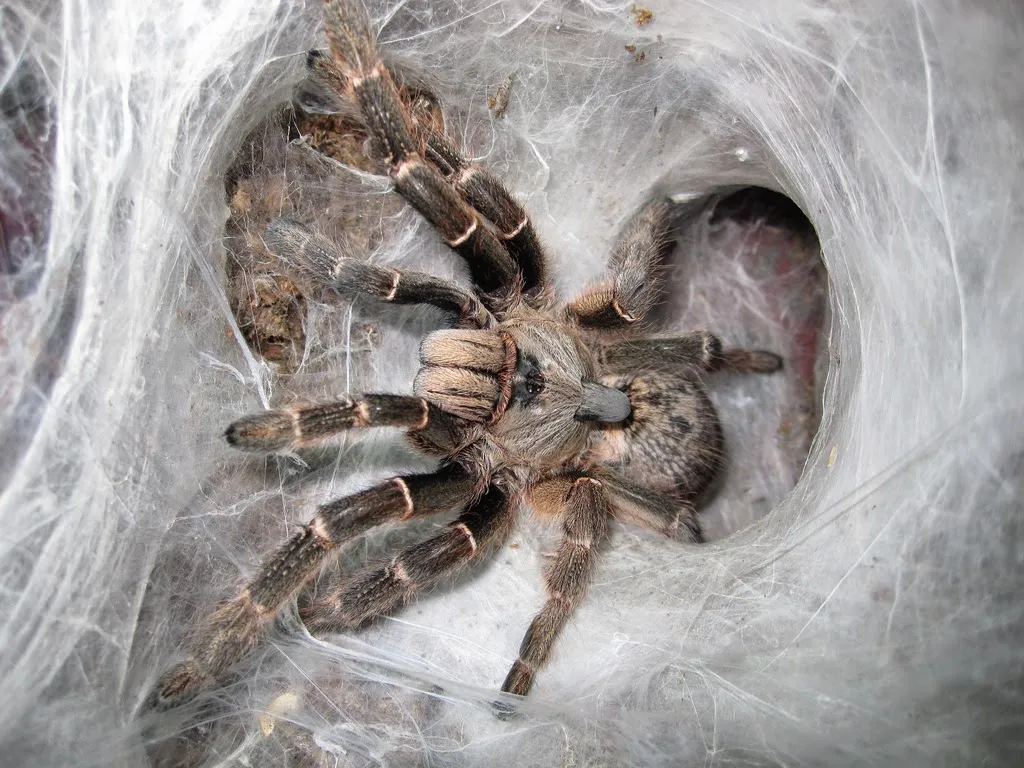
The availability of tarantula species in Cebu varies depending on import regulations and breeder availability. Some common species suitable for beginners may include the Chilean Rose Hair tarantula or the Pinktoe tarantula, known for their docile nature and relatively simple care requirements. More experienced keepers might seek out species like the Mexican Redknee or the Cobalt Blue tarantula, which require more specific environmental conditions. Research the specific needs of any tarantula species before purchasing it, ensuring you can provide the proper care to ensure its health and longevity.
Popular Cebu Tarantula Species
Several tarantula species are particularly popular among Cebu enthusiasts. The Chilean Rose Hair tarantula (Grammostola rosea) is a favorite due to its gentle temperament and hardiness, making it ideal for beginners. The Mexican Redknee tarantula (Brachypelma hamorii), with its striking red and black coloration, is also a sought-after species. Another popular choice is the Pinktoe tarantula (Avicularia avicularia), known for its arboreal lifestyle and vibrant colors. These species are often readily available and relatively easy to care for, making them great choices for both new and experienced owners in Cebu.
Rare Tarantula Species in Cebu
While common species are easily found, rare tarantula species may occasionally surface in Cebu through specialized breeders or importers. These species often come with higher price tags and more demanding care requirements. Examples of rare tarantulas might include certain Asian species, or those with unique coloration or behaviors. Acquiring a rare species requires extensive research and a strong understanding of their specific needs. It’s also crucial to ensure the tarantula is sourced ethically and legally, respecting all relevant conservation laws and regulations.
Caring for Your Cebu Tarantula
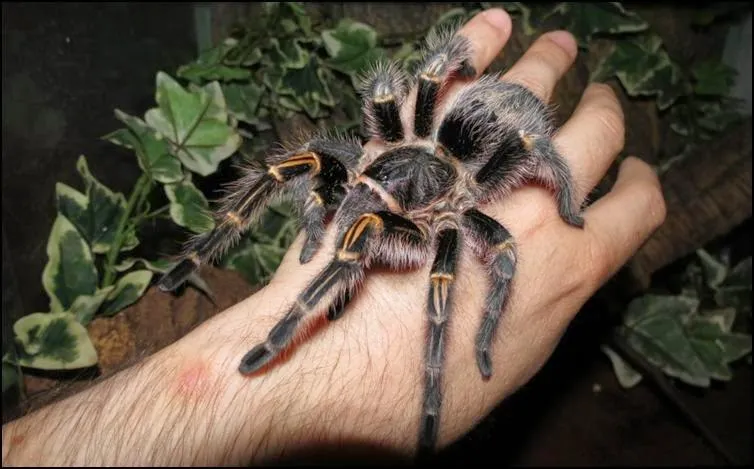
Proper care is essential for a tarantula’s health and longevity. This involves providing a suitable habitat, appropriate temperature and humidity levels, and a balanced diet. Enclosures should be escape-proof and sized appropriately for the tarantula’s species and size. Substrate selection is important, with options like coconut fiber, peat moss, or a mixture of both. Regular cleaning and maintenance of the enclosure are necessary to prevent the buildup of waste and maintain a healthy environment. Providing fresh water and ensuring the tarantula has a safe place to hide are also vital components of good care.
Essential Tarantula Habitat Setup
Setting up a tarantula habitat involves several key elements. The enclosure should be appropriately sized for the species and its current size. Secure ventilation is crucial, along with a substrate that maintains humidity levels appropriate for the specific species. A water dish, accessible and shallow enough for the tarantula to drink from, is essential. Decorations, such as cork bark, artificial plants, or hides, provide the tarantula with security and enrichment. Ensure the setup maintains the correct temperature and humidity levels for your specific species, using a thermometer and hygrometer for monitoring.
Tarantula Diet and Feeding Guide
Tarantulas are carnivores, primarily feeding on insects. Crickets, mealworms, and roaches are common food items, readily available from pet stores. The size of the prey should be appropriate for the tarantula’s size; avoid feeding insects that are too large. Feeding frequency depends on the tarantula’s age and species, with juveniles requiring more frequent meals than adults. Provide fresh water at all times. Remove any uneaten food within 24 hours to prevent mold growth and maintain a healthy environment. Supplementing the diet with occasional vitamin-dusted insects can promote the tarantula’s health.
Tarantula Health and Common Issues
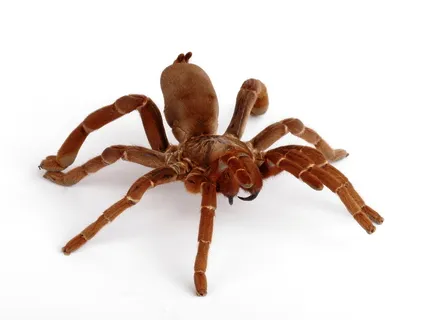
Tarantulas are generally hardy, but they can still experience health problems. Common issues include dehydration, molting problems, and parasitic infections. Signs of illness may include lethargy, loss of appetite, and unusual behavior. Provide proper humidity levels and access to fresh water to prevent dehydration. During molting, provide a secure and undisturbed environment. Regularly inspect the tarantula’s enclosure for signs of mites or other parasites. Consult with a veterinarian experienced in exotic animals if you notice any signs of illness or distress.
Legal Considerations for Tarantula Ownership
Before buying a tarantula in Cebu, familiarize yourself with local regulations. Some species may be restricted or require permits. Check with the local authorities, like the Department of Environment and Natural Resources (DENR), or your local city hall to determine any specific permits, licenses, or restrictions related to owning tarantulas. Understanding these legal requirements is essential to avoid penalties and ensure that you are in compliance with all local laws. Also, be aware of any regulations on the import of tarantulas if you are purchasing from outside Cebu or the Philippines.
Cebu City Regulations
Specifically in Cebu City, there may be particular ordinances regarding the ownership of exotic pets, including tarantulas. While regulations may vary, it’s essential to know if there are any specific requirements regarding the types of tarantulas allowed, the size of the enclosure, or any necessary permits. Contacting the Cebu City government or consulting with local pet stores can help you understand the relevant regulations. Compliance with these rules is important to ensure the safety of both the owner and the community, as well as the legal possession of your tarantula.
Tarantula Conservation and Ethics
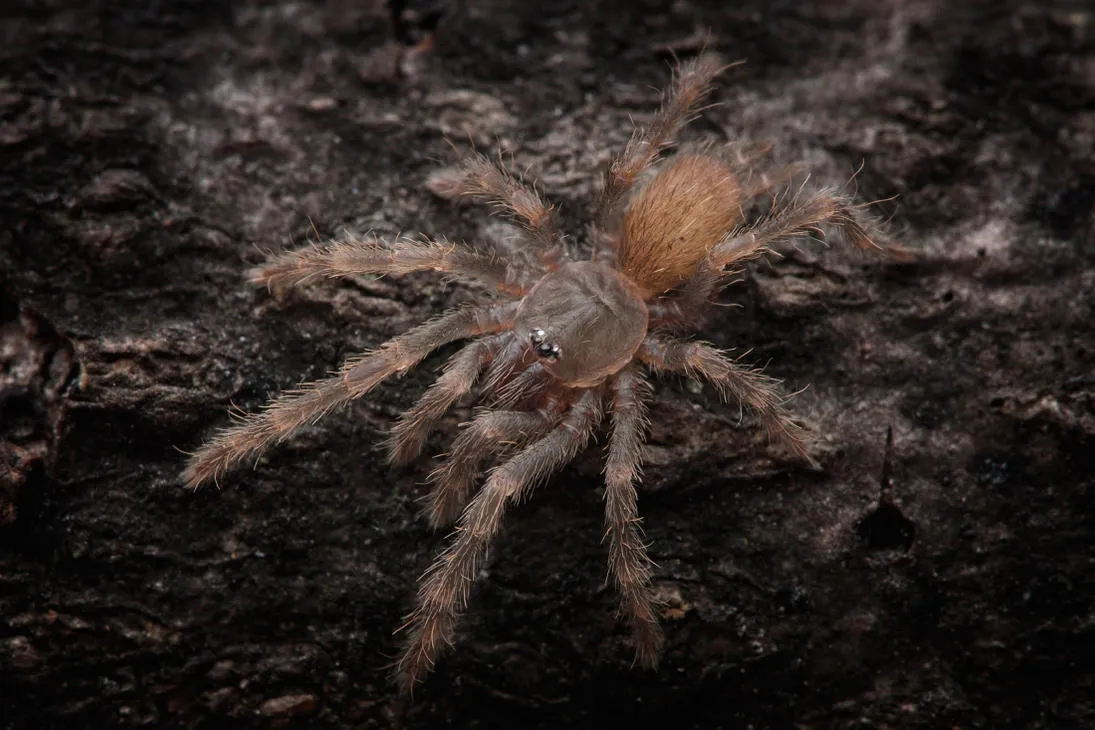
Responsible tarantula ownership extends beyond caring for the individual animal; it also involves considering conservation and ethical practices. Supporting reputable breeders who do not collect tarantulas from the wild is essential to protect wild populations. Research the species you are interested in to understand their conservation status and any potential threats to their natural habitats. Avoid purchasing tarantulas from sellers who cannot provide information about their origin or who may be involved in illegal wildlife trade. Promote responsible pet ownership and advocate for the ethical treatment of all animals.
5 Things to Know Before Buying a Cebu Tarantula
Before acquiring a tarantula in Cebu, consider these five essential points. First, research the specific species you are interested in to understand its care requirements, temperament, and lifespan. Second, ensure you can provide the appropriate habitat, including the correct enclosure, substrate, temperature, and humidity. Third, locate a reputable seller who prioritizes the health and well-being of their animals. Fourth, be prepared to commit to the long-term care of the tarantula, as they can live for many years. Fifth, understand and comply with all local regulations regarding tarantula ownership to avoid legal issues.
Tarantula Temperament and Handling
Tarantulas have varying temperaments, and handling them should be approached with caution. Some species are more docile and tolerant of handling, while others are more defensive. Research the temperament of your chosen species and understand its potential defensive behaviors. Generally, handling should be kept to a minimum to avoid stressing the tarantula. If you do need to handle your tarantula, do so slowly and gently, preferably while sitting close to the ground to minimize the risk of injury if the tarantula falls. Always wash your hands before and after handling and be aware of potential urticating hairs, which can cause skin irritation.
Tarantula Lifespan and Care Commitment
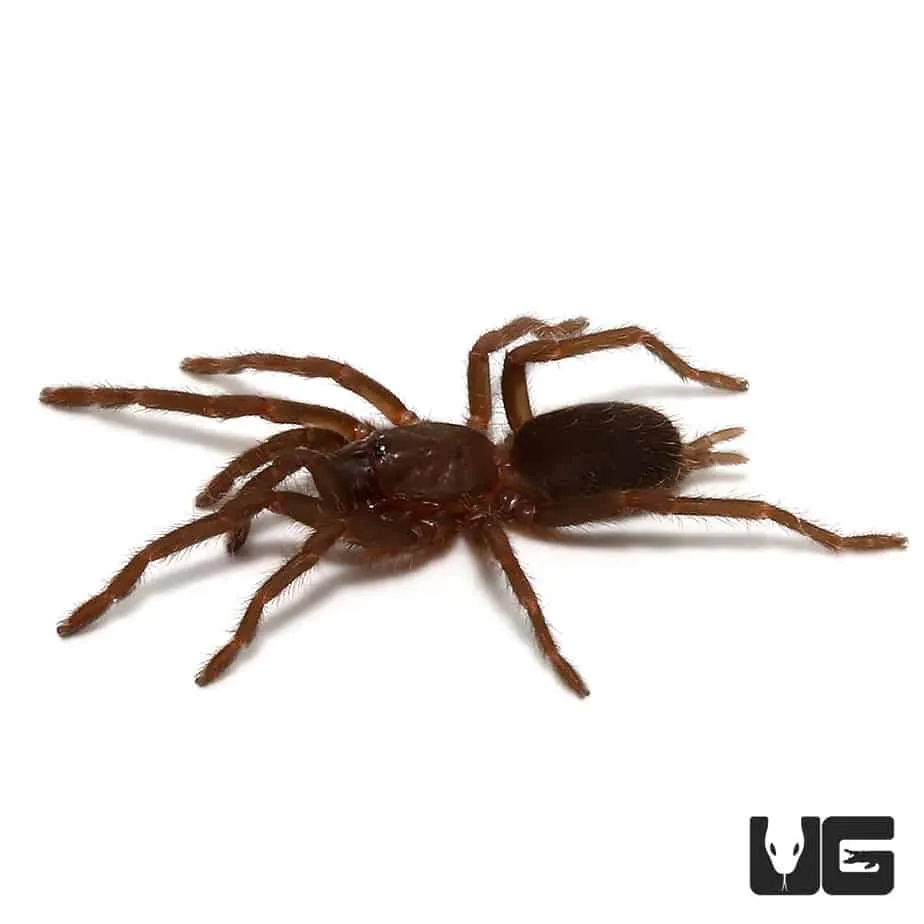
Tarantulas are long-lived pets, with some species living for decades. Female tarantulas generally live longer than males. This long lifespan requires a significant commitment to their care, as you will need to provide consistent care throughout the tarantula’s life. This includes regular feeding, habitat maintenance, and monitoring for any health issues. Before acquiring a tarantula, assess your ability to provide this long-term care. Consider your lifestyle, living situation, and the resources required to maintain the tarantula’s health and well-being for the duration of its life.
